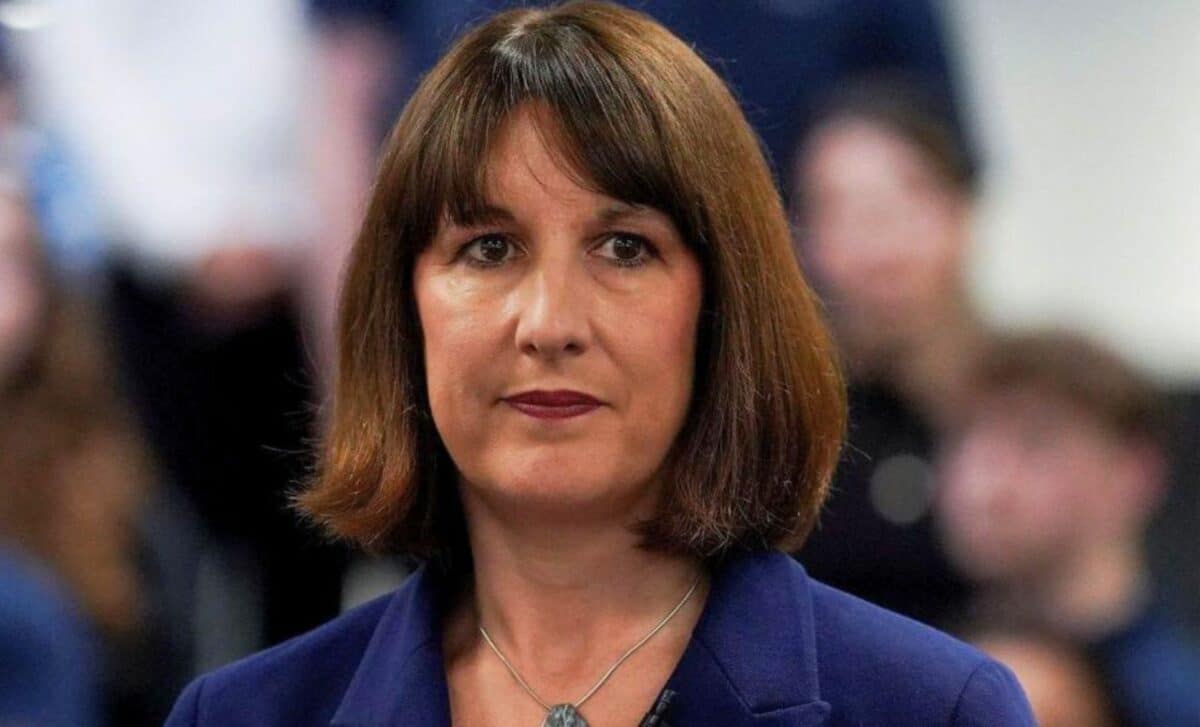Immediate financial cuts worth billions of pounds will be announced by Rachel Reeves, the Chancellor, as part of her plan to resolve a £20bn shortage in the national accounts. The Chancellor is expected to make this announcement during her address to Parliament on Monday.
Reeves Cuts and Reforms to Address the £20bn Deficit
Reeves’ comprehensive plan includes:
- Cancellation and Pausing of Infrastructure Projects: Significant projects such as the Stonehenge road tunnel, the new hospitals initiative by Boris Johnson, and the Euston section of HS2 are under review.
- Reduction in Consultancy Spending: A substantial cut in the use of external consultants is anticipated.
- Public Sector Efficiency Drive: A concerted effort to reduce waste across the public sector.
Rachel Reeves will argue that the previous government’s “covering up” of budget shortfalls and refuse to take any measure is going against their responsibility.
The Conservative Party has reacted by accusing the chancellor of “deceiving the British public” with such statements to pave way for an increase of tax in future. They claim that there were no hidden financial problems before the election.
Financial Audit and Economic Stability
An internal audit at the treasury is anticipated to expose a shortfall of £20 billion between project expenditure and tax revenues. She shall underscore that quick actions are needed urgently in order to stabilize and reconstruct a basis for this economy.
Prior to general elections, economists had pointed out inconsistencies in fiscal sums, projecting difficult choices relating to taxation hikes or cutbacks or reducing debt. However, the new administration argues that it had a worse financial position than what was earlier assumed, due to detailed departmental scans revealing unforeseen additional requirements.
Reeves actually seems genuinely surprised by some findings, but she does not suggest imposing higher taxes at this stage. Instead, she will:
- Request an Assessment from the Office for Budget Responsibility: To evaluate the public finances.
- Initiate a Spending Review: To scrutinise long-term departmental budgets.
- Limit Fiscal Events to Once a Year: With the first major budget announcement expected in the autumn.
The Chancellor is expected to announce an increase in pay for public sector employees such as teachers, armed forces workers and prison officers in accordance with the recommendations of independent review bodies on pay.
This action will be balanced against possible economic disruption due to strikes and the need for staff recruitment and retention.
Despite these spending obligations, Reeves is expected to repeat her manifesto’s commitment not to raise personal taxes, including income tax.
A new “Office of Value for Money” will be set up in order to identify potential savings and suggest them, that way wasteful expenditures will become known early enough.
Criticism and Departmental Concerns
Home Secretary Yvette Cooper last week said that the Conservative party’s plan of moving asylum seekers to Rwanda had actually cost taxpayers £700m, almost double what was publicly declared. In addition, Environment Secretary Steve Reed revealed the condition of flood defences was worse than previously thought.
The Conservative Party insists that they were fully transparent about their financial position before elections. Former Tory Chancellor Jeremy Hunt described as “nonsense” allegations by the new government adopted a line underlining that the economy was well-functioning.
Shadow Exchequer Secretary to The Treasury Gareth Davies attacked Reeves over alleged plans to raise taxes while claiming saving taxpayers’ money.










This government as told so many lies just to get people to vote for them all they are doing is penalising the sick and disabled and making the poor poorer and the rich richer it’s disgraceful how they are treating people they should never be allowed to get away with it
THEY MUST STOP THE VOUCHERS NOW THERE WILL BE MANY DEATHS ON THEIR HANDS OTHERWISE